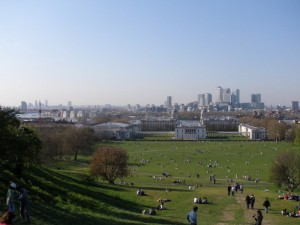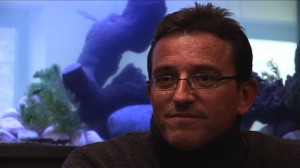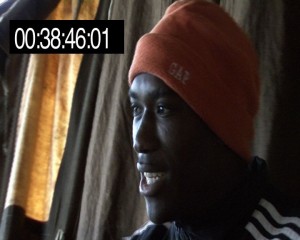‘The message from tonight is loud and clear. This great park is on loan to the Olympic Games and Paralympic Games and the people of the world.’
Those were the words spoken by the London 2012 organiser Sebastian Coe on the 23rd March 2010 when plans for a new Olympic site were finally approved. Unfortunately, the park in question is Greenwich and to say that makes a few of us slightly irate is a mockery in itself.
Right from the start, the Olympic Committee have been focused on extravagantly splashing the cash whilst seemingly simple solutions to oversee controversial plans have been overlooked. From crushing allotments to de-housing local communities, next on the list is the iconic green area of Greenwich Park.
Home to an abundance of wildlife, 300 year-old trees and not to mention a World Heritage site renowned for its historical and cultural artefacts, what better way to celebrate this institution of London life than to bring in the bricks and mortar. The organisers are relying on the notion of creating a sporting legacy in the area for local support although it seems they failed to highlight the fact that the world of Equestrian sporting is quite out of reach to most they are preaching to.
In a nutshell, how Greenwich park should remain is as an area of tranquil relaxation away from the direct hive of Olympic activity. The park could be the place to take in the city views, enjoy picnics and light banter about who wins and loses, not to mention the fact that there are permanent facilities already available for Equestrian Sporting Events around London. Why should it take millions of pounds, large camera crews and thousands of Olympic-goers to validate the significance of Greenwich Park; anyone fond of London will already hold this area close to their hearts.
Please join us and sign the petition to appeal this decision; there is still time for changes to be made.
Click London Olympics for more blogs
Or visit PlanA our general blog on urbanism, planning and architecture.
See our Olympics project pages for more information and videos.
Spectacle homepage
Befriend Spectacle.Docs on Facebook
Follow SpectacleMedia on Twitter






